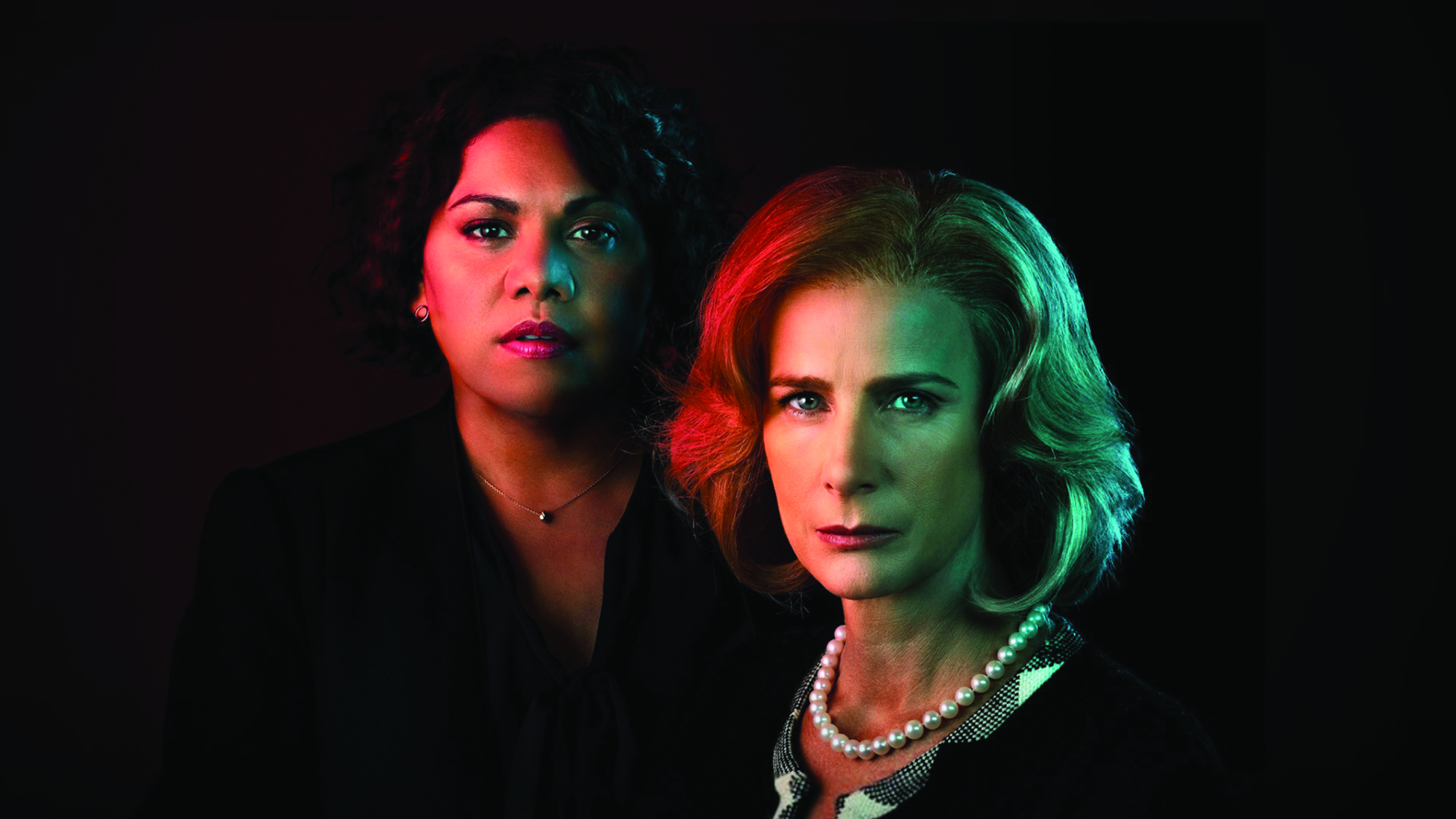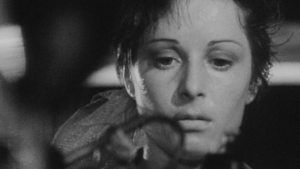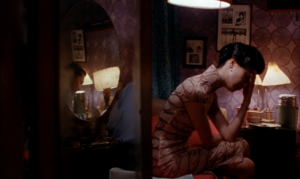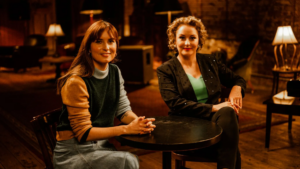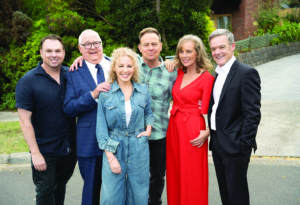‘There is really only one choice. You die with your ageing, white audience or you embrace diversity.’ That was the advice delivered by actor, writer, director and producer Rachel Griffiths in her 2019 Hector Crawford Memorial Lecture. She was speaking in Melbourne in November at the Screen Forever Conference, run by Screen Producers Australia (SPA).
Griffiths arrived on the stage with some authority. She was, after all, the driving force behind the year’s highest-grossing Australian film, Ride Like a Girl, as well as being a co-creator of the acclaimed ABC political drama series Total Control. But knowing she was talking to a room full of producers – those creative businesspeople who put together deals, take risks and nurture stories from script to screen and beyond – Griffiths confessed to extreme nervousness.
This was perhaps surprising for such a seasoned and outspoken performer, and, true to form, she delivered an eloquent, funny and impassioned speech, complete with colourful language and a very funny PowerPoint presentation. She drew on her own experiences as an actor-turned-director, and said that, like all producers, she faced the eternal challenge: finding an audience in a time of increased competition and decreased attention span.
Given this difficult environment, Griffiths argued that it has
never been so important, for those bringing stories to our big and small screens, to be clear in our purpose, unique in our branding and increasingly inclusive in our stories, not just to meet BAFTA [British Academy of Film and Television Arts] quotas, Gender Matters initiatives, SBS charters, the Time’s Up movement, PC box ticking or virtue signalling [… but] because diversity is both an existential imperative and a natural fertiliser of creative innovation.
Her other key piece of advice to Australian producers was to pursue performer-led projects and work closely with actors to generate content. She said this was more the norm in Hollywood and the UK than Australia, where actors are often ‘managed-down sock puppets’. Astonishingly, she claimed that, after twenty-five years in the industry, Darren Dale of Blackfella Films was the first producer to ask her if she had a TV show in mind. The result was Total Control.
Citing successful international examples like Fleabag and Portlandia, Griffiths said actors have the advantage of being highly attuned to audiences, and care deeply about whether stories are working. Also, if they’re of significant stature, they have great contacts and the clout to secure finance and attract and retain commissioners (Cate Blanchett’s involvement as both producer and actor in the ABC’s new drama Stateless was offered as an example of this).
Griffiths will surely be inundated with offers from hopeful producers. They’ll know not to patronise her or waste her time. Looking back over her career, she said, ‘In the words of Helen Mirren, “I wish I’d said ‘fuck off’ a lot more!”’ Being able to say such a thing is perhaps a luxury and privilege only attainable for the already successful. Nonetheless, there can be no doubt that massive shifts in attitude mean there’s never been a better time to be a woman working in the industry.
The Hector Crawford lecture was just one highlight of Screen Forever’s three days of talk, talk, talk (and a fair bit of drinking and deal making, too). SPA, the professional and lobbying organisation for Australian screen producers, has been running Australia’s largest media and entertainment conference since 1985. In 2019, there were more than fifty keynote addresses, panels and networking events. More than 900 people attended, ranging from the humblest emerging producers to representatives from mid-range production companies, Netflix commissioners, Screen Australia executives and Hollywood agents. According to SPA, more than A$100 million worth of deals got done on the conference floor.
Most people were there not only to network and do business (a full ticket costs around A$1600, which keeps out tyre kickers), but also to gather intelligence, gauge the zeitgeist and be inspired. You could smell the anxiety in the room, but also some excitement, with the theme for 2019 being ‘Storytelling in a Time of Evolution’. Speakers included visionaries like Google Creative Lab’s Tea Uglow and immersive UK film and videogame maker Karen Palmer. The latter spoke of a scary but fascinating future in which artificial intelligence, neuroscience and immersive storytelling could change human civilisation.
Right here and right now, however, the big anxieties in the room were familiar: How to get a meeting with Netflix? How to reinvigorate cinema-going? How to maintain a career as a small-business creative when the work is so sporadic? And, of course, the big issue for our television makers continues to be the unregulated presence of international streaming services. SPA CEO Matthew Deaner leads the ongoing charge for regulation, and the need for these companies to be compelled to invest in Australian content.
